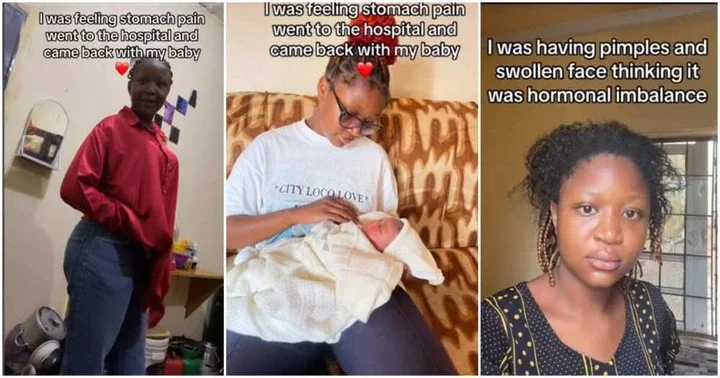
For many women, understanding their fertility and the optimal time for conception is crucial when planning for a family. One common question is, "How soon after my period can I become pregnant?" In this article, we'll explore the concept of fertility immediately after menstruation and the number of days within which pregnancy can occur.
The Menstrual Cycle:
To comprehend fertility after menstruation, it's essential to grasp the basics of the menstrual cycle. A typical menstrual cycle lasts about 28 days, although it can range from 21 to 35 days. It consists of several phases, with menstruation marking the start of the cycle.
Days of Menstruation:
Menstruation, commonly known as a woman's period, usually lasts anywhere from 3 to 7 days. During this time, the uterine lining sheds, and a woman experiences bleeding. Conception is unlikely to occur during this phase as the egg has not been released yet.
The Fertile Window:
The fertile window refers to the timeframe during which a woman is most likely to conceive. It typically occurs a few days before ovulation, during ovulation, and a day or so after ovulation. Ovulation is when the ovaries release a mature egg into the fallopian tube, where it can be fertilized by sperm.
Ovulation Timing:
In a standard 28-day cycle, ovulation often occurs around the 14th day, counting from the first day of menstruation. However, this can vary widely from woman to woman and even from month to month. Monitoring methods such as tracking basal body temperature, cervical mucus changes, or using ovulation prediction kits can help pinpoint the fertile window more accurately.
Days Immediately After Menstruation:
While it is less common to conceive immediately after menstruation, it is not impossible. Sperm can survive in a woman's reproductive tract for up to five days. Therefore, if a woman has a shorter menstrual cycle, she might enter her fertile window shortly after her period ends. It's important to remember that every woman's cycle is unique, and factors such as stress, illness, or hormonal fluctuations can affect the timing of ovulation.

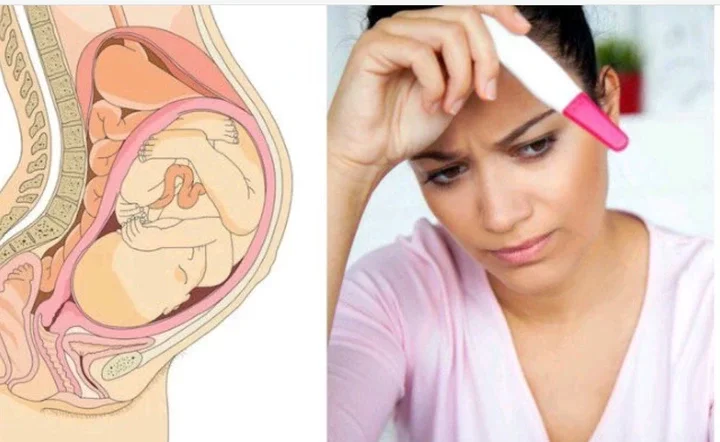
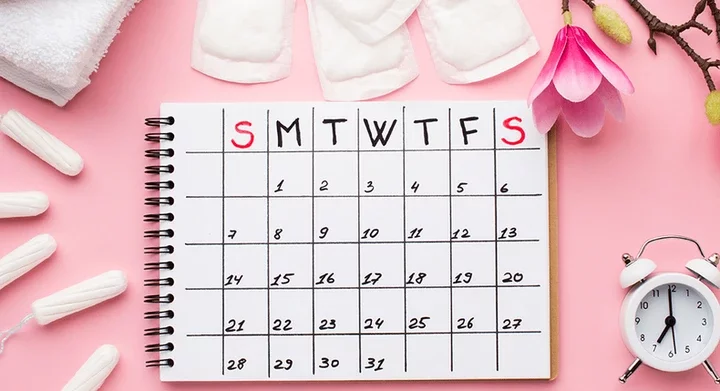
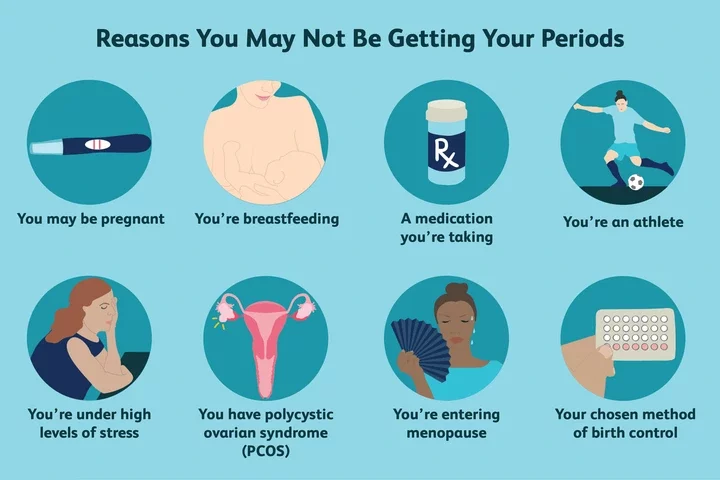
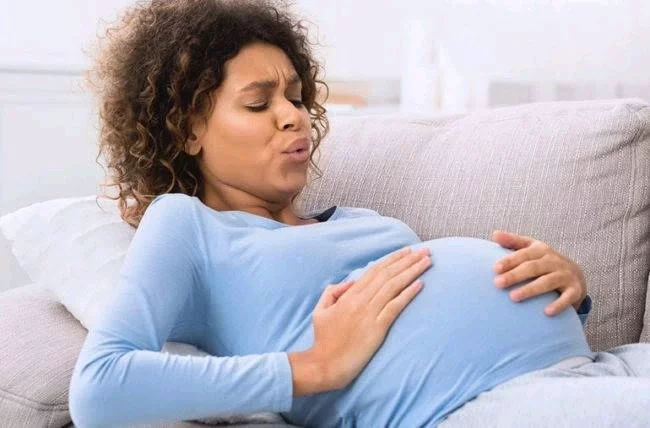

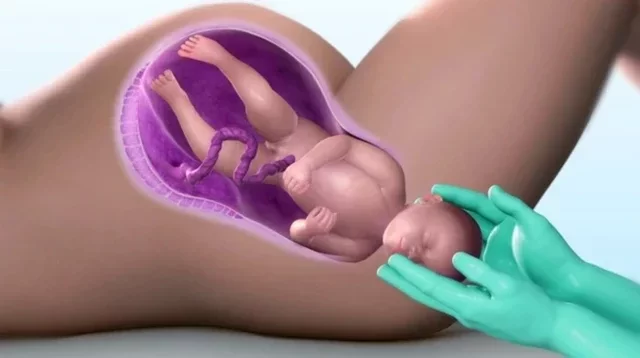









Comments